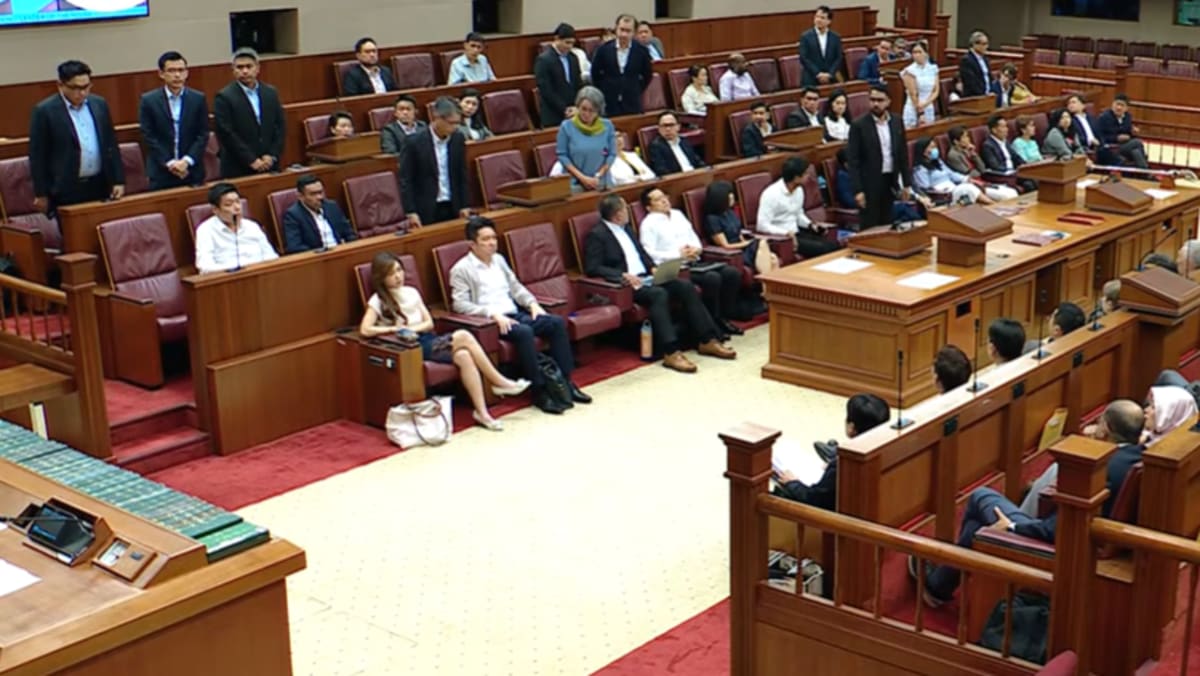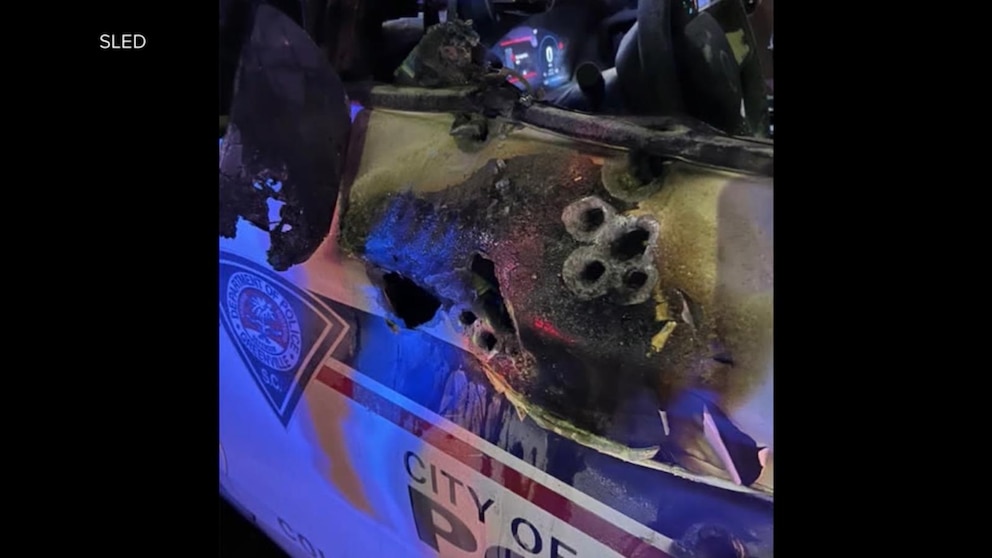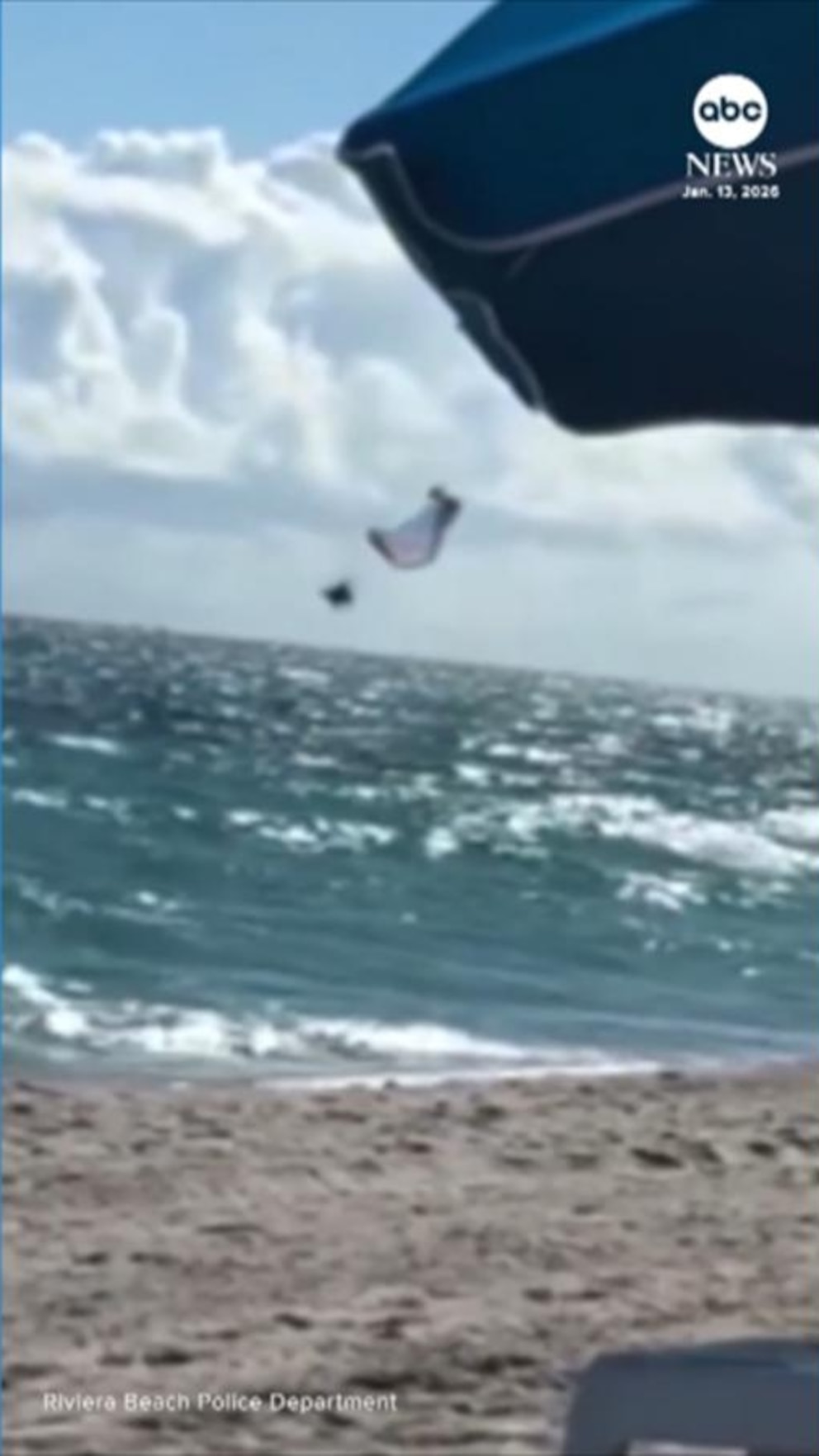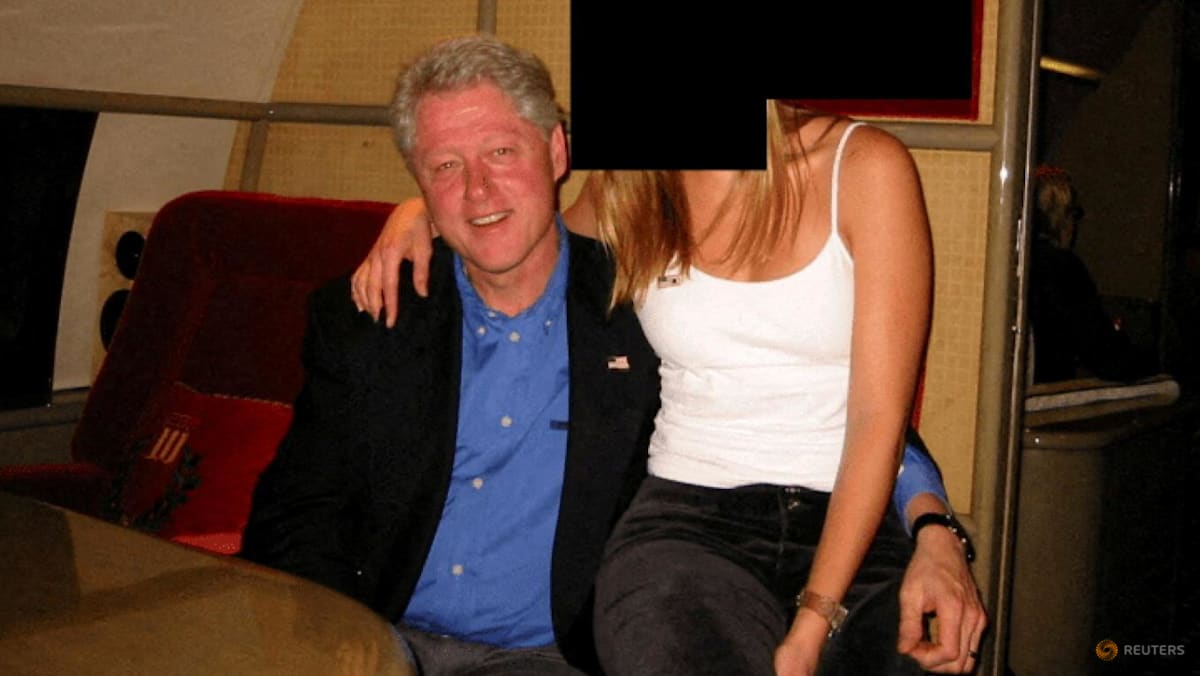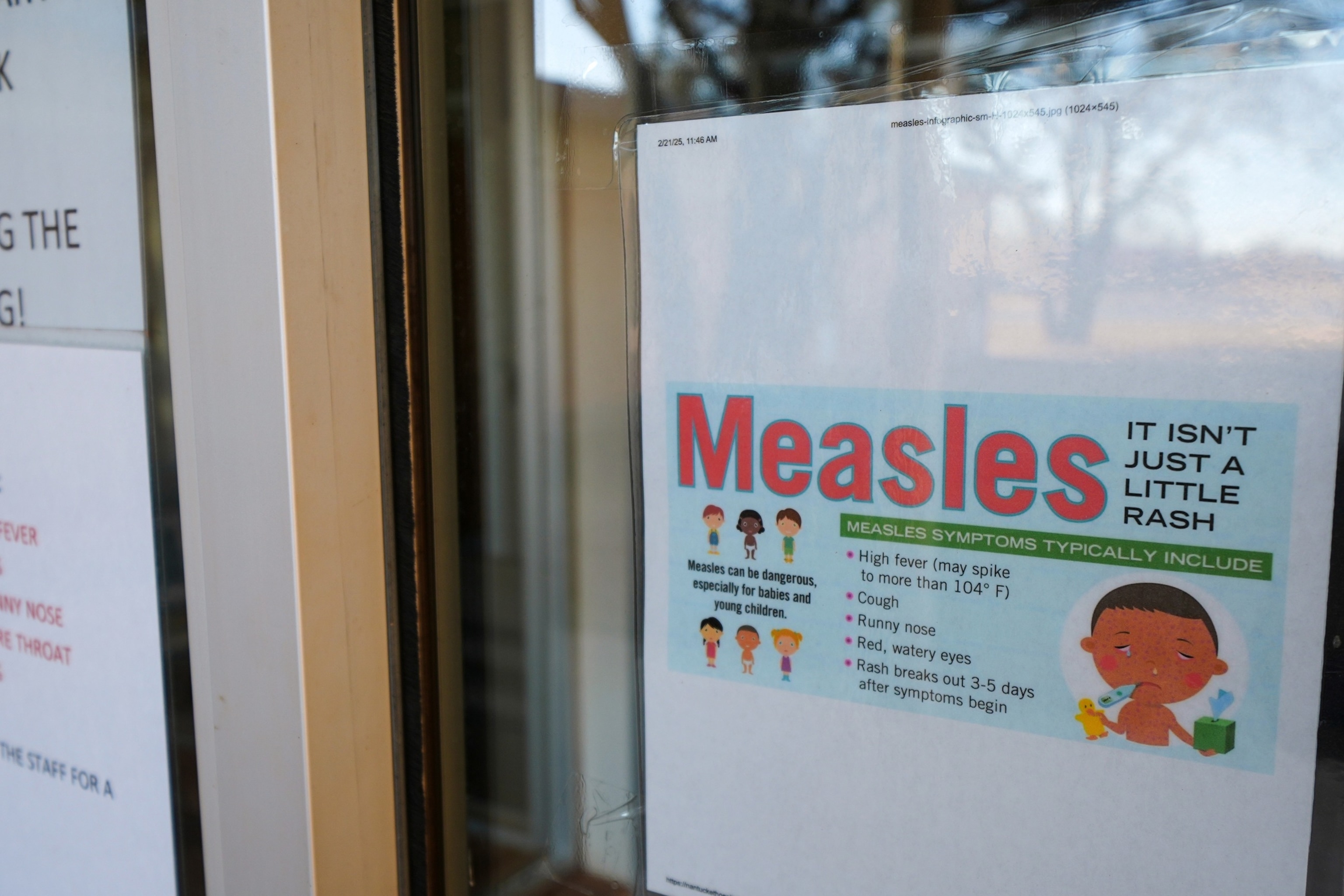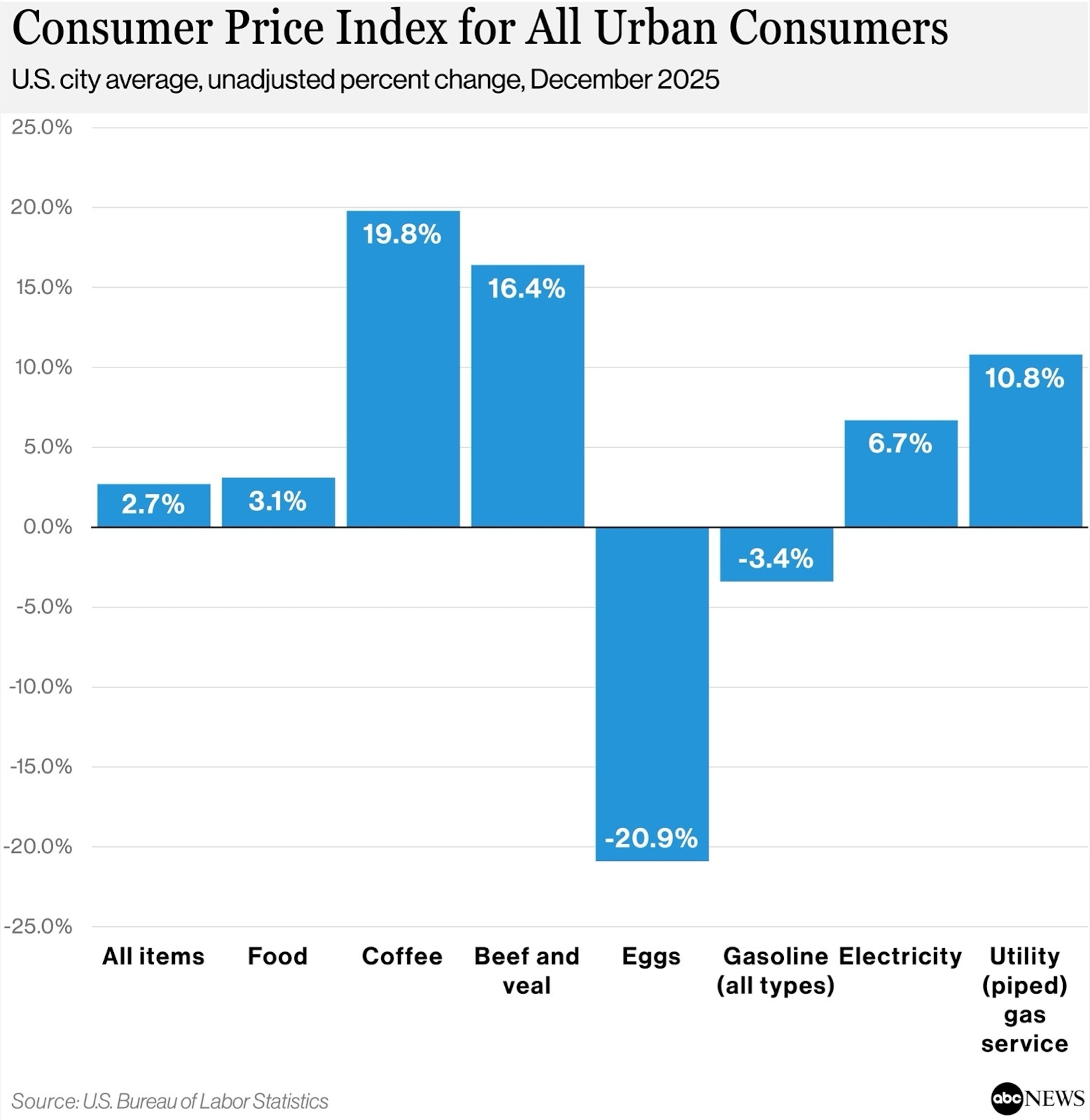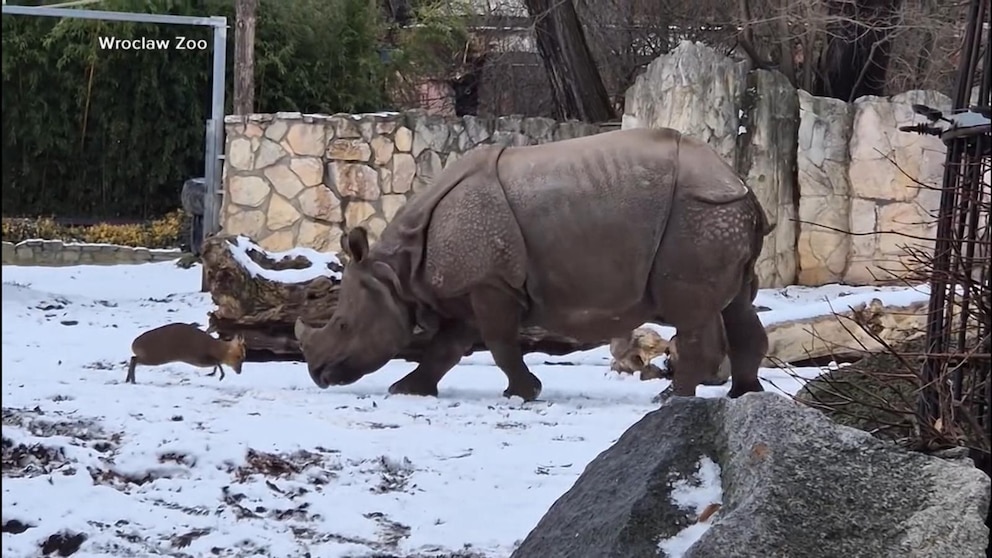Man who paid S$6,000 for fake vaccination records appeals jail term, accuses judge of having ‘closed mind’
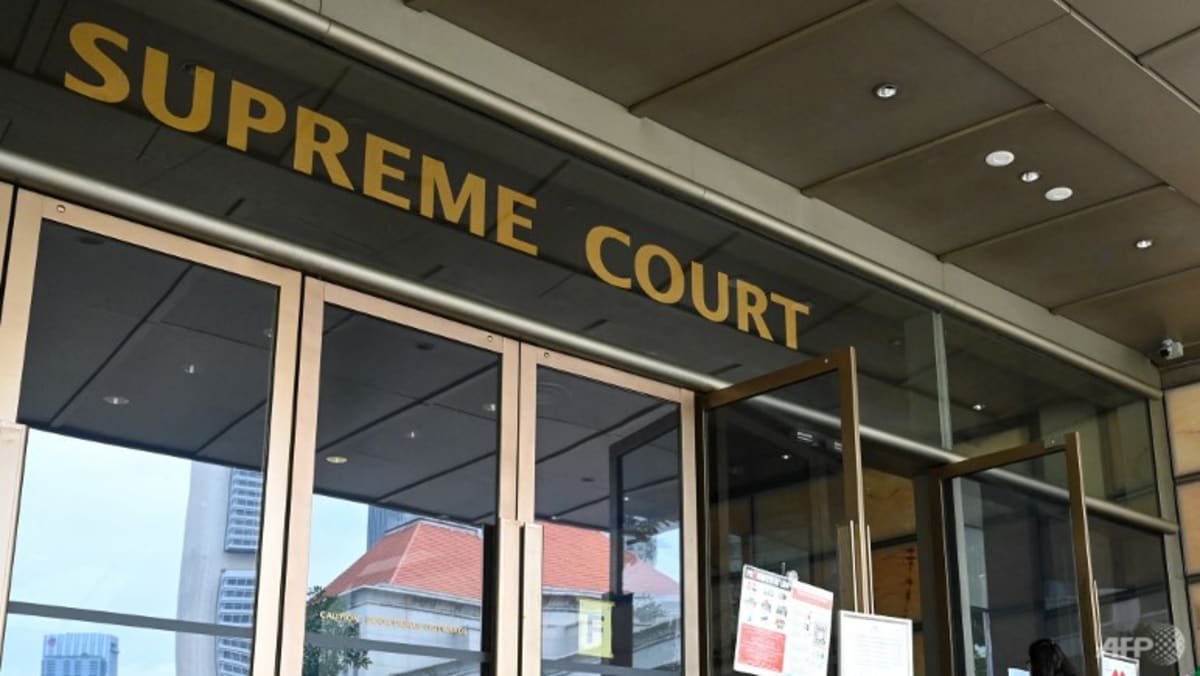
“APPEARANCE OF BIAS”
During a Zoom hearing for the appeal, in which Newton was absent, his lawyer Mr Loy sought to have the jail term reduced to eight weeks.
Mr Loy argued that the district judge who sentenced Newton in the lower courts had “an appearance of bias”, from the manner in which the hearing was conducted, the grounds prepared in advance and the contents of the grounds delivered.
“I’m saying the judge appeared to have a closed mind and from the fact that grounds of decision are largely replicated prosecution written submissions, he did in fact have a closed mind, and the consequence of that sir, is that the district judge essentially accepted the prosecution’s arguments,” said Mr Loy.
The district judge had taken the prosecution’s position in its entirety and dismissed the mitigation put forth by the defence in its entirety, handing out the sentence the prosecution sought, Mr Loy argued.
Chief Justice Menon rejected this argument. Just because a judge had seen written submissions and came to a view before a hearing did not mean he was biased, said the Chief Justice.
The question was whether the judge had applied his mind “judiciously”.
“When I read through the notes of evidence and what went on at the hearing, I have to say it’s clear to me the district judge fully digested the material, ” added the Chief Justice.
“There is something to be said about the judge coming to a hearing fully prepared, read and digested the material before him and coming to provisional views.”
He said it was not an unusual practice in court and did not mean the judge had a closed mind.
The Chief Justice also pointed out that the judge had rearranged portions he had taken from the prosecution, to express his position.
“LOW” HARM CAUSED
Mr Loy also argued that the harm caused by his client’s actions was “low” at best.
“The fact of the matter is that (the contact tracing TraceTogether app) was never updated to show Mr Newton was fully vaccinated and that is what we say is primarily relevant because it’s that updating that would have allowed Mr Newton to wrongfully access (Vaccination-Differentiated Safe Management Measures) locations,” said Mr Loy.
Chief Justice Menon responded that this argument did not help his case, and that the app was not updated for Newton simply because the fraud had been exposed.
“If you engaged in fraud, it doesn’t help to say I was caught before I got away with it, that’s not a mitigating factor,” said the judge.
Mr Loy’s other points included how strong media interest did not mean that there had been strong public disquiet, and also that Newton had not conceived the scheme.
To these, Chief Justice Menon said the element of public disquiet did not need specific proof given the circumstances of the pandemic then.
“A year to a year-and-a-half ago we were not be able to do things we took for granted and it did cause consternation, anxiety, fear … We all had to live very truncated lifestyles because of restrictions in place,” said the Chief Justice.
If it emerged that someone had gone to some lengths to avoid the restrictions by getting fake certification, to do things others could not, the public would be “pretty upset”, he noted.
Mr Loy then argued that Newton had received a measure of punishment as he was stuck in Singapore without work for one-and-a-half years, and that his child could not go to school as his Employment Pass had been revoked for a Special Pass.
But Chief Justice Menon said he was not “moved” by this argument.
The judge also questioned how the 16-week jail term proposed by the prosecution was derived, stating it was unclear in submissions and in the judgement from the lower courts.
In its appeal submissions, the prosecution cited the need for deterrence; the premeditated and sophisticated nature of Newton’s offence; the difficulty of its detection and how Newton had been a willing and active co-conspirator, among reasons for the 16-week sentence.
Chief Justice Menon will give his judgement at a later date.
Source: CNA


